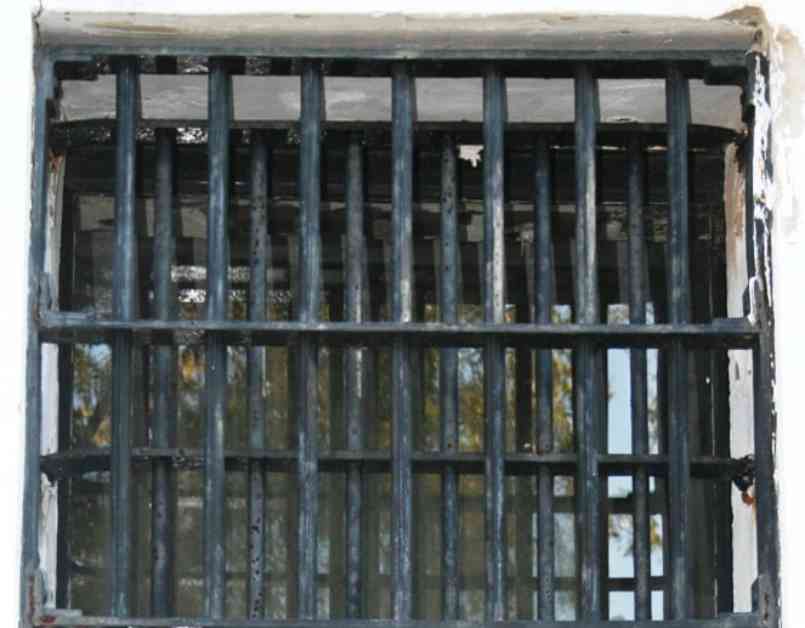Overcrowding Crisis: Jails Operating at 152% Capacity
LAHORE: The latest Prison Data Report 2024 reveals a harrowing reality – with 102,026 inmates crammed into 128 jails across Pakistan, including Azad Jammu & Kashmir (AJK) and Gilgit-Baltistan (G-B), the country’s prison system is operating at an alarming 152.2% of its official capacity. This groundbreaking report by Justice Project Pakistan (JPP) sheds light on the dire conditions, with some prisons exceeding 300% of their capacity.
Systemic Inefficiencies and Critical Concerns
The report highlights that overcrowding remains a critical concern despite a modest 1.66% increase in the prison population from 2023. Shockingly, under-trial prisoners constitute 73.41% of the total population, underscoring systemic inefficiencies such as prolonged judicial delays and ineffective bail and parole systems.
In Punjab, which houses 60.7% of the prison population, jails are operating at 173.6% of capacity. Sindh follows closely with 161.42%, Khyber-Pakhtunkhwa at 102.50%, and Balochistan at 115.60%. Karachi Central Prison stands out as a stark example, accommodating 8,518 inmates against a capacity of 2,400 – a staggering 354.92%.
Inadequate Efforts to Alleviate Overcrowding
Despite the construction of four new jails in Punjab with a capacity of 2,268 inmates, efforts to alleviate overcrowding remain inadequate. The number of under-trial prisoners has increased by 8% over the past eight years, significantly higher than the global average of 27%.
Drug Offences and Conviction Rates
Drug-related offences continue to dominate prison populations, with 23,367 inmates incarcerated under the Control of Narcotics Substances Act (CNSA) – an 18.98% increase from 2023. Punjab leads with 13,331 cases, accounting for 29.94% of its total prison population. Interestingly, while incarceration rates for drug offences have surged, conviction rates have plummeted, particularly in Punjab.
Outdated Prison Rules and Proposed Reforms
The report criticises outdated prison rules, particularly in Punjab, where the 1978 Prison Rules fail to align with international standards. Proposed reforms, including the Draft Punjab Prison Rules 2020 and 2022, remain unadopted. However, Sindh and K-P have made progress with the Sindh Prisons and Corrections Services Act 2019 and the K-P Prisons Amendment Act 2020 aligning more closely with international standards.
Despite these efforts, the overcrowding crisis in Pakistan’s jails remains a pressing issue that requires urgent attention and comprehensive reforms to ensure the rights and well-being of inmates are upheld.
**(Personal Touch: Imagine being wrongly accused and finding yourself trapped in a crowded prison, waiting endlessly for justice to be served. The fear, uncertainty, and frustration of being stuck in such dire conditions are unimaginable for many of us, highlighting the urgent need for reform and improvement in the prison system.)**









